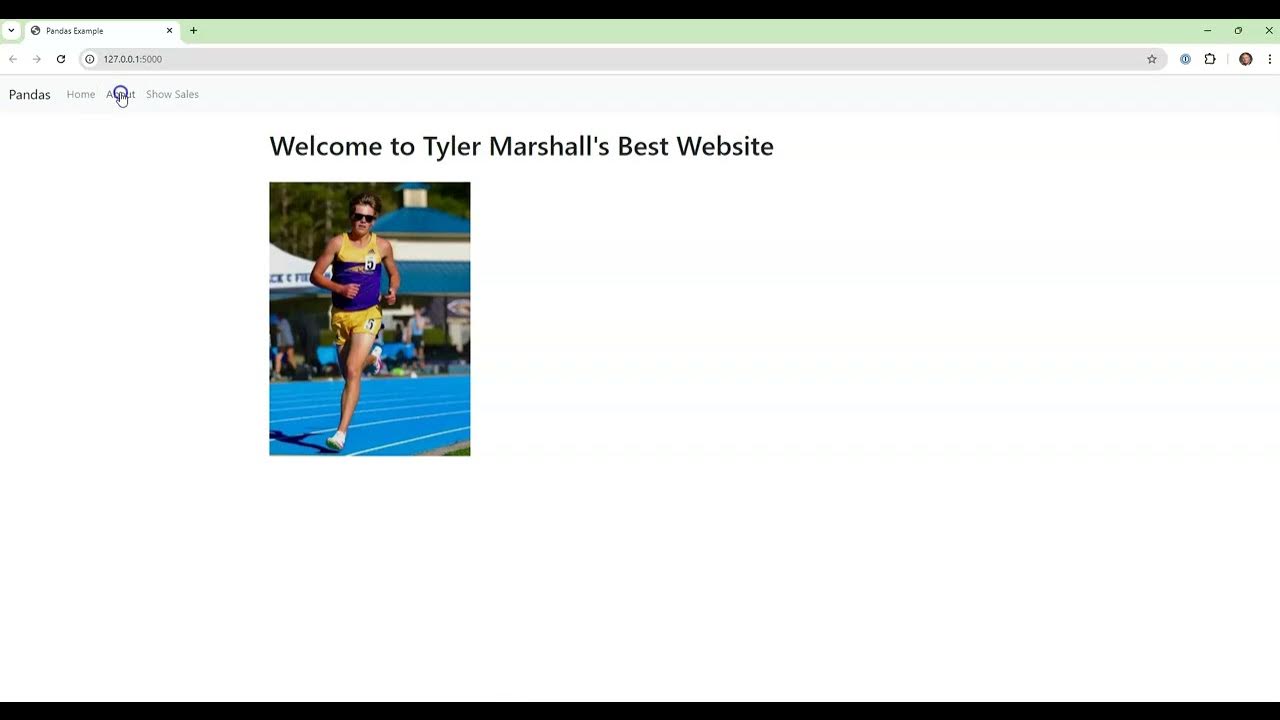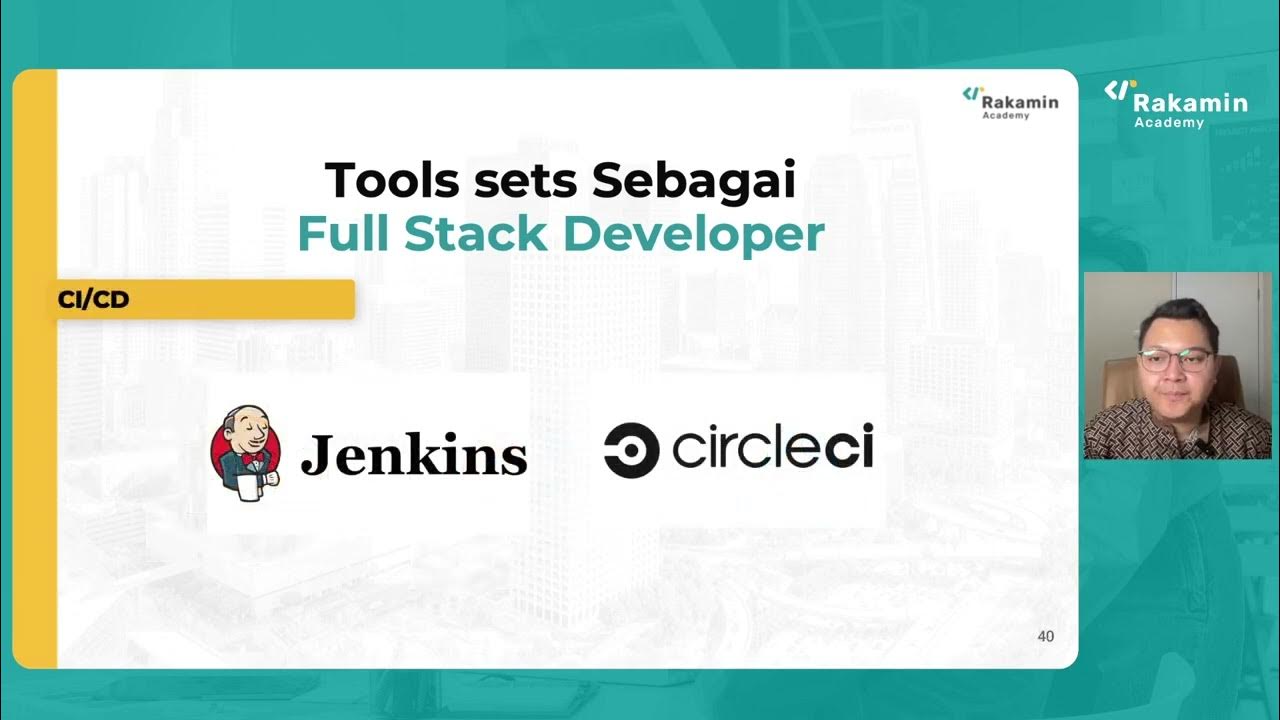7 DC18 M11 DBASE
Summary
TLDRThis video presentation for Module 11 explores database, system, and application development tools. It covers key concepts including the differences between data, information, and records, as well as database types such as relational, object-oriented, and multidimensional. The module highlights the advantages of databases over file processing systems, database management system functions, and data validation techniques. Additionally, it explains system development frameworks, the System Development Life Cycle (SDLC), project visibility, feasibility assessments, and guidelines for effective system development. Viewers also gain insights into programming languages, application development tools, and web development methods, equipping them to build efficient, organized, and secure information systems.
Takeaways
- 😀 A database is a collection of organized data that allows easy access, retrieval, and use.
- 😀 Data refers to unprocessed items like text, numbers, images, audio, or video, while information is processed, meaningful, and useful data.
- 😀 Database management software allows users to create, modify, delete, sort, and retrieve data, as well as generate forms and reports.
- 😀 File maintenance in databases involves keeping data current through adding, modifying, or deleting records.
- 😀 Data models, such as relational, object-oriented, and multi-dimensional, define how users view and organize data.
- 😀 Database Management Systems (DBMS) provide tools for data retrieval and maintenance, including query languages, forms, and report writers.
- 😀 An information system combines hardware, software, data, people, and procedures to produce useful information.
- 😀 System development follows structured frameworks or models, such as the System Development Life Cycle (SDLC), which guide the building of information systems.
- 😀 Visibility in system development measures the feasibility and suitability of a system through operational, technical, and economic assessments.
- 😀 Learning objectives include understanding data hierarchy, validation techniques, advantages of databases over file processing, characteristics of DBMS, system development phases, programming languages, application development tools, and web development tools.
Q & A
What are the objectives of Module 11 as described in the presentation?
-The objectives of Module 11 include differentiating between a character field, record, and data file, describing validation techniques, distinguishing between file processing systems and database approaches, explaining the uses of web databases and types of databases, discussing functions common to most database management systems, and defining system development and the phases involved.
What is the difference between data and information as explained in the module?
-Data refers to a collection of unprocessed items such as text, numbers, images, audio, or video. Information, on the other hand, is processed data that is displayed in a meaningful and useful way on an output device.
What are the key functions of database management software?
-Database management software enables users to create, manage, and maintain databases. It allows adding, modifying, and deleting data, sorting and retrieving data, and creating forms and reports from the data.
What is file maintenance in database management?
-File maintenance is the procedure that keeps data current in a database. It involves actions such as adding a record, modifying a record, or deleting a record.
What are the types of database models mentioned in the presentation?
-The types of database models discussed include relational databases, object-oriented databases, and multi-dimensional databases.
What are some of the tools provided by a database management system?
-A database management system provides tools like query language, query by example, form and report writers, all of which help users and programs retrieve and maintain data in the database.
What is an information system, according to the module?
-An information system is a collection of hardware, software, data, people, and procedures that work together to produce information. It is designed to help organize and manage data effectively.
What is the system development life cycle (SDLC)?
-The system development life cycle (SDLC) is a model followed in the development of an information system. It consists of a series of phases that guide the creation, design, and implementation of the system.
What is the importance of feasibility studies in system development?
-Feasibility studies assess the suitability of a system development project for an organization. It includes evaluating the operational, technical, and economic feasibility of the project, ensuring it is feasible before proceeding.
What are some key benefits of object-oriented programming languages mentioned in the module?
-Object-oriented programming languages provide benefits such as better organization of code, ease of maintenance, reusability, and a focus on modeling real-world entities, which makes application development more efficient.
Outlines

Этот раздел доступен только подписчикам платных тарифов. Пожалуйста, перейдите на платный тариф для доступа.
Перейти на платный тарифMindmap

Этот раздел доступен только подписчикам платных тарифов. Пожалуйста, перейдите на платный тариф для доступа.
Перейти на платный тарифKeywords

Этот раздел доступен только подписчикам платных тарифов. Пожалуйста, перейдите на платный тариф для доступа.
Перейти на платный тарифHighlights

Этот раздел доступен только подписчикам платных тарифов. Пожалуйста, перейдите на платный тариф для доступа.
Перейти на платный тарифTranscripts

Этот раздел доступен только подписчикам платных тарифов. Пожалуйста, перейдите на платный тариф для доступа.
Перейти на платный тариф5.0 / 5 (0 votes)






